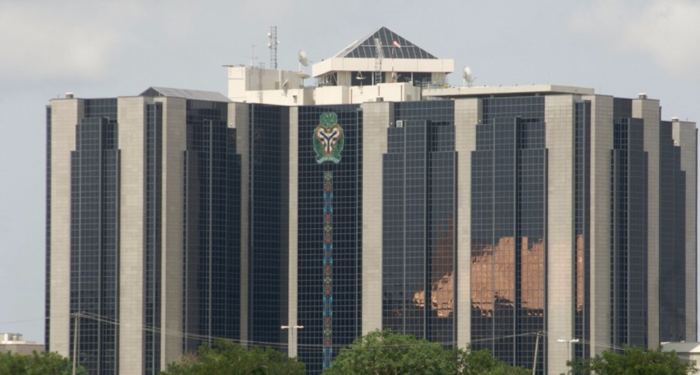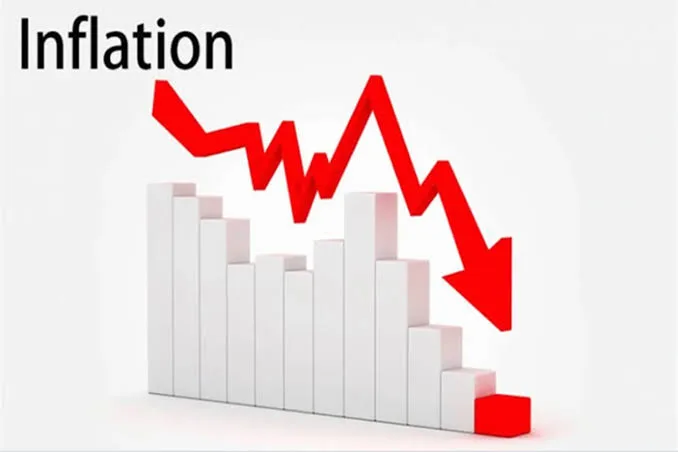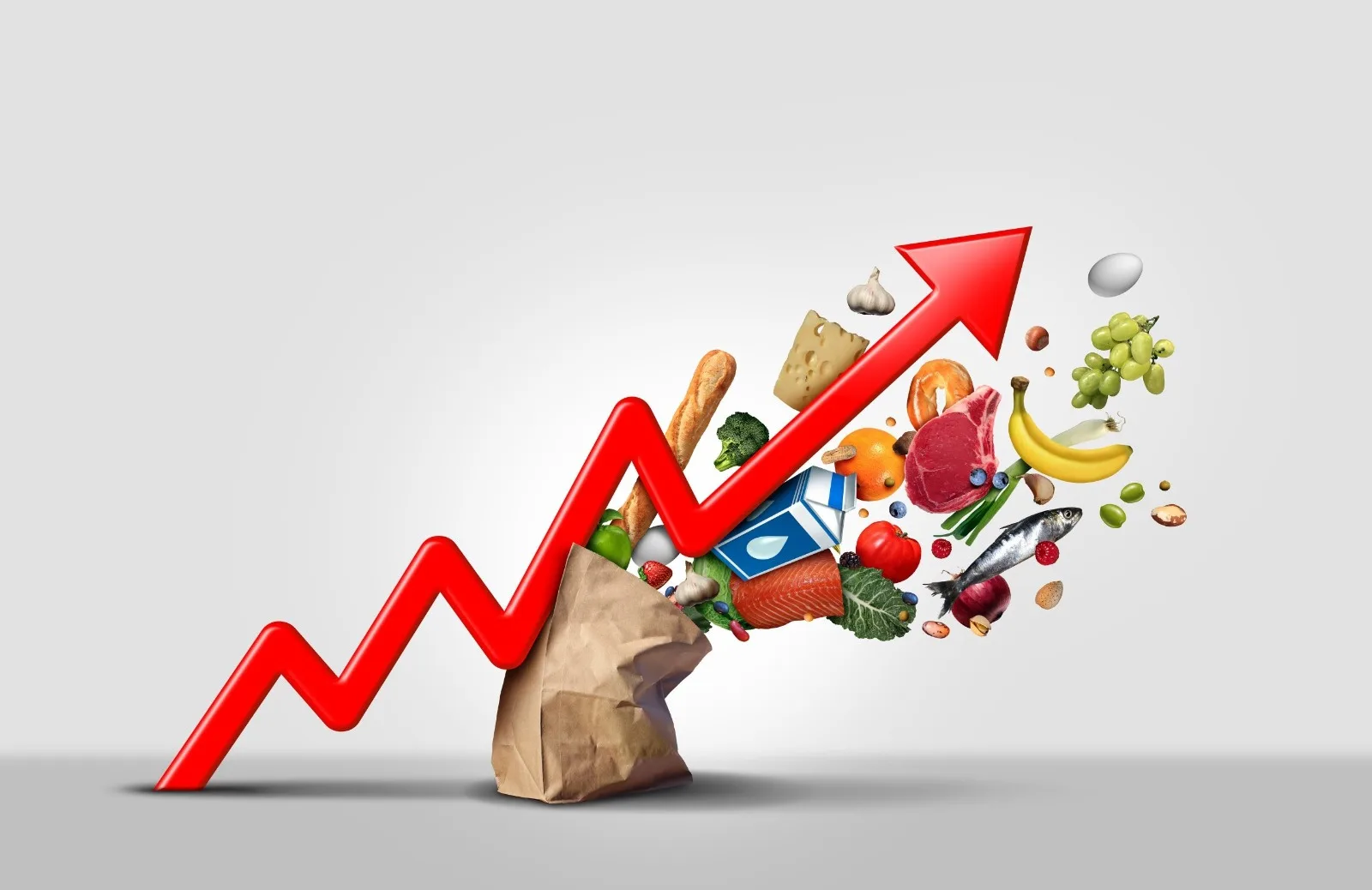
After a three-month decline, Nigeria’s annual inflation rateclimbedagain in September 2024 to32.70%, marking a0.55%increase from32.15%in August 2024. On a year-on-year basis, the inflation rate is5.98%points higher than the26.72%recorded in September 2023.
Additionally, the month-on-month inflation rate in September stood at2.52%, which is0.30% higher than the 2.22% recorded in August. This indicates that prices increased faster in September compared to August 2024.
This data comes from the NBS Consumer Price Index (CPI) report for September 2024, released earlier this week.
What is driving inflation in Nigeria?
According to the National Bureau of Statistics (NBS), September’s inflation was significantly influenced by surges in transportation costs and food prices. If you’ve filled up your fuel tank lately, you may have noticed thatpetrol prices jumped by 45%, driving up the cost of transportation across the country.
In a country where much of the economy relies on fuel for transportation and goods delivery, a jump in petrol prices means every part of the supply chain gets more expensive. Whether it’s the cost of getting produce to the market or the price of filling up your car, everything is feeling the pinch.
Then, there’s the impact of the floods. Northern Nigeria’s farmlands are crucial to feeding the country, and the floods have been devastating. According to the UN’s Food and Agriculture Organization, the destroyed crops would have fed 8.5 million people for six months. The loss of this food supply means higher prices at the market, driving food inflation to a staggering 37.77% year-on-year. Prices of essential items like beef, vegetable oil, and everyday products like tea and powdered drinks have also spiked.
What does this mean for you?
Essential goods and services are becoming increasingly expensive, causing Nigerian households to grapple directly with the impact of rising inflation. The increase in prices of necessities, such as food and transportation, stretches budgets to the limit, impacting Nigerians’ overall cost of living.
Businesses also face challenges, such as escalating production and operations costs, narrowing profit margins, and hindering growth prospects. This could result in reduced profitability, job losses, and slower economic growth in the country.
For many, inflation can feel like being stuck in a cycle where your purchasing power keeps shrinking no matter how hard you work or save. The challenge is finding ways to protect and grow your money’s value.
That’s where Sync Capital comes in
In times like these, simply saving money in cash or a basic account won’t help; it’s actually losing value due to inflation. One way to stay ahead is to invest in assets that can grow and hold their value over time.
Let Sync Capital guide you with exact pointers. Begin your journey today.
Get started by Clicking here










Related Posts